No “Good Guys” in the Soviet Nuclear Disaster
When you hear the word “Chernobyl”, what comes to mind? Before the hit HBO show of 2019, I like many others pictured hazard masks, a bright explosion, a deserted Soviet town, and even the victims of radioactive poisoning. However, before the infamous 1986 disaster, Chernobyl represented a thriving Soviet utopia- full of progress, harmonious communism, advanced technology, and a symbolic future for all of USSR. Of course, with many historical dramas, we know that utopias don’t last and dissolve into a message warning, “Do not make the same mistake as *they* did”. In a Dostoevsky sense, it’s not that simple.
After watching HBO’s five-part historical drama, I was struck with a realization that Chernobyl wasn’t just a cautionary tale to take note from the good and bad guys’ history. Rather, I felt a story so human it was like a Dostoyevsky tale that spoke above tragedy, science, and politics. Not because it happened to take place in a Russian area centering around intellectuals combatting social issues, but because it had the complex Dostoevsky framework that often goes beyond the usual “citizen-good/ society-bad” story. The Chernobyl Disaster was an actual event where people were stuck in dealing with political and scientific circumstances beyond their control. In fact, “Chernobyl” didn’t have a hero nor a villian. Rather, in a “nation that will not be humiliated” (Episode 2), Soviets struggle to confront their manmade, nuclear disaster and ask, “Are we heroes if we lie to feel safe or if we tell the truth to face danger?”
Dostoevsky in the USSR
I want to point out that this writing is NOT to point out the political flaws of the USSR or guilt the men and women who took part in the “worst nuclear accident in history”. It is my Dostoevsky analysis and response to HBO’s “Chernobyl”. I saw factors of a Dostoevsky plot: the disastrous event, the unveiling of the antiheroes’ intentions, the sacrifice of the regular citizens, the suffering shared amongst characters, and a not-so “happily ever after” resolution involving justice (or lack thereof). That being said, here is what I have to say:
According to a university study, Dostoevsky was not a cornerstone to the Soviet ideology unlike most of the classic pieces of Russian literature that were celebrated. Dostoevsky’s theme of human suffering and sacrifice repelled Lenin despite the compelling author’s philosophical work that continues to resonate with the nation’s audience. After Lenin’s death, the works of socialist realism continued to grow while creativity ceased. Under the rule of the Communist Party, the Soviet philosophy was that the way of life which was following civic duty.
EP 1- The Disastrous Event (“1:23:45”)
When interviewed, creator and writer, Craig Mazin (Hangover II & III, Identity Thief), explained that his curiosity stemmed from the question, “Why did the Chernobyl power plant explode?” From there we’re introduced to our intellectual protagonist, Valery Legasov, who commits suicide while leaving behind a recorded testimonial accusing the State. Although suicide is a Dostoevsky trope, we don’t see Legasov’s role come into play till the end of this episode nor his death till the end of the series. Instead, we see the nuclear explosion and the impending horror befalling first responders and civilians.
EP 2- The Antiheroes’ Intentions (“Please Remain Calm”)
With the State withholding information of the explosion and controlling the public’s knowledge, we get the sense that the higher power values reputation more than life. The fact they believe they “will be rewarded” means that they’ve been awarded before for practicing this censorship and will continue to do so. Ulana Khomyuk and Boris Shcherbina come into play as our other protagonists who, in search for truth, travel to the exclusion zone. Realizing the colossal size of lethal radioactivity, actions become less about voluntary heroism and more about self-sacrificing obligation.
EP3- The Sacrifice (“Open Wide, O Earth”)
Another Dostoevsky element is the tragic love story where separation is caused by inevitable death. We get a perspective from victims who are trying to cope with radiation poisoning while grappling what they could have done wrong doing their Soviet civic duties. Even the irony becomes clear when a risqué decontamination plan forms, but the protagonists’ greatest threat is still the government who are now surrounding them with spies. At this point, the KGB’s “circle of accountability” has more control of the situation than the scientific solutions.
EP4- The Suffering (“The Happiness of All Mankind”)
In the show’s last display of the cleanup efforts, we see many eggs broken to make a less radioactive omelet. At this point, civilians have finally been evacuated (though not told they would never be coming back) and many Soviets have come to terms with their shortened lives. The communist party’s ongoing persuasion that “ignorance is bliss” is overshadowed by the suffering liquidators. For example, when the state lied to Western Germany about Chernobyl’s level of radiation, a miscalculated/ failed cleanup robot was received. Thus, the state sacrificed 3,828 men to clean a radioactive for 90 seconds while receiving a lifetime dose of radiation. Just as Dostoevsky illustrates how sacrifices are grounded in realism, the reality of Chernobyl is that our morals are sacrificed for duty.
EP 5- Not So Happily Ever After (“Vichnaya Pamyat“)
Finally, we arrive at an explanation for the catastrophe: Why the nuclear core exploded. However, Craig Mazin doesn’t just reveal the trial to shun the lies of the Soviet Party and recklessness of authority figures. He shows us the life before the disaster-a few minutes of Chernobyl’s utopia now denied by people’s own actions. Valery Legasov’s testimony uncovers science as well as a drama about humans and their fatal decisions- another Dostoevsky theme. Though his reasoning is disregarded by the state, his suicide increased awareness about the truth and the cost of Soviet lies. Legasov concludes: “With every lie we tell incurs a debt to the truth”.
Telling the Truth Doesn’t Make Us the “Good Guy”. It’s Admitting that We’re Human.
So, what comes to my mind and is so Dostoevsky-esque when you ask me about “Chernobyl” – especially after a critically acclaimed, well-executed TV show? It’s not the fatal actions of the USSR nor is it the morbid side of a manmade disaster.
I think of bravery. Bravery was what it took to stop the lies of the Soviet Party. Bravery was the response of scientists, firefighters, medics, and citizens who accepted that Chernobyl was no longer a home, utopia, or future. Bravery was taking responsibility for the fate of the continent. Bravery was telling loved ones that their lives are shortened or sacrificed. Bravery was overlooking denial when there was no time to process grief in the moment of urgency. Bravery was and still is the difficult, human acceptance of truth and that is the element Dostoevsky ultimately speaks about humanity:
“Above all, don’t lie to yourself. The man who lies to himself and listens to his own lie comes to a point that he cannot distinguish the truth within him, or around him, and so loses all respect for himself and for others. And having no respect he ceases to love.”
― Fyodor Dostoevsky, The Brothers Karamazov
***
Want to know about VM Productions‘ Dostoyevsky-Los Angeles Project and about the films we make? Want to participate in our projects? Sign up to get tickets to the premiere of our movie (currently in post production), Dostoyevsky Reimagined-BTS and
grab our FREE e-books !
 |
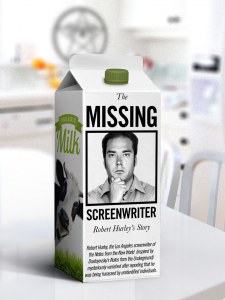 |

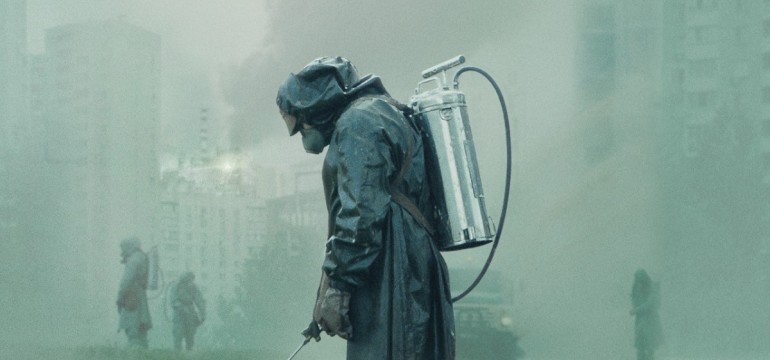
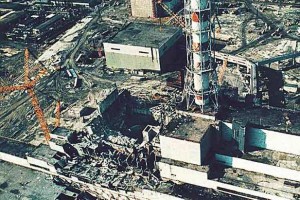
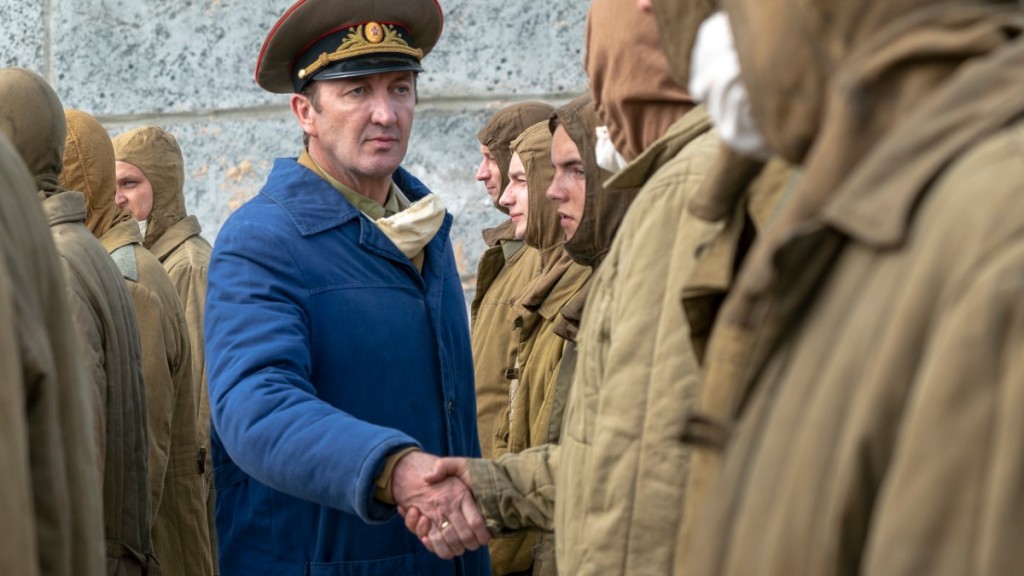
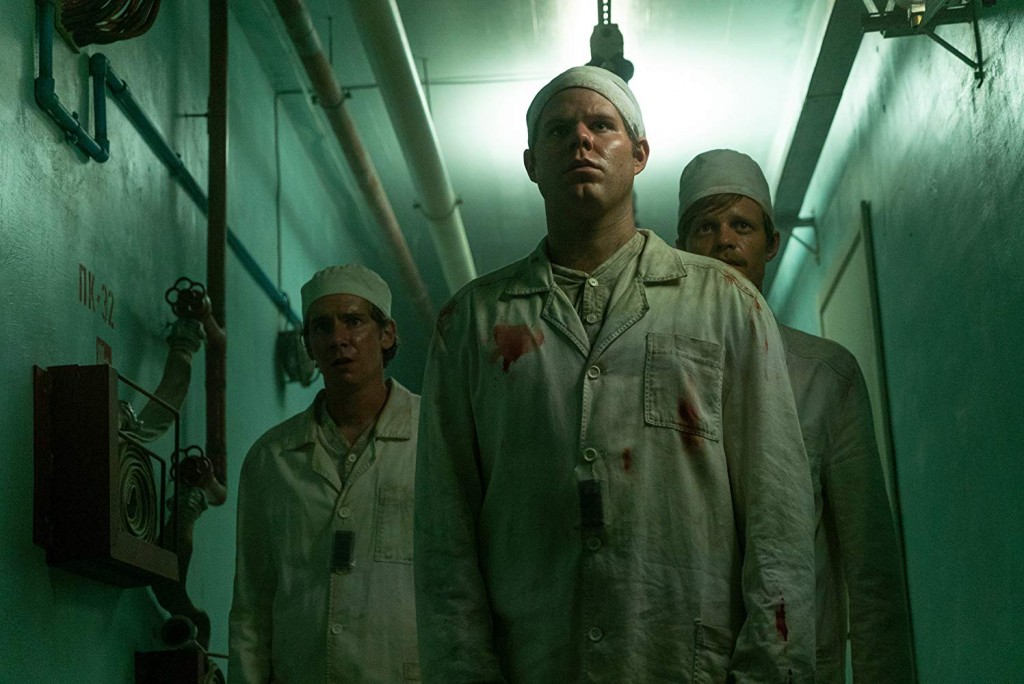
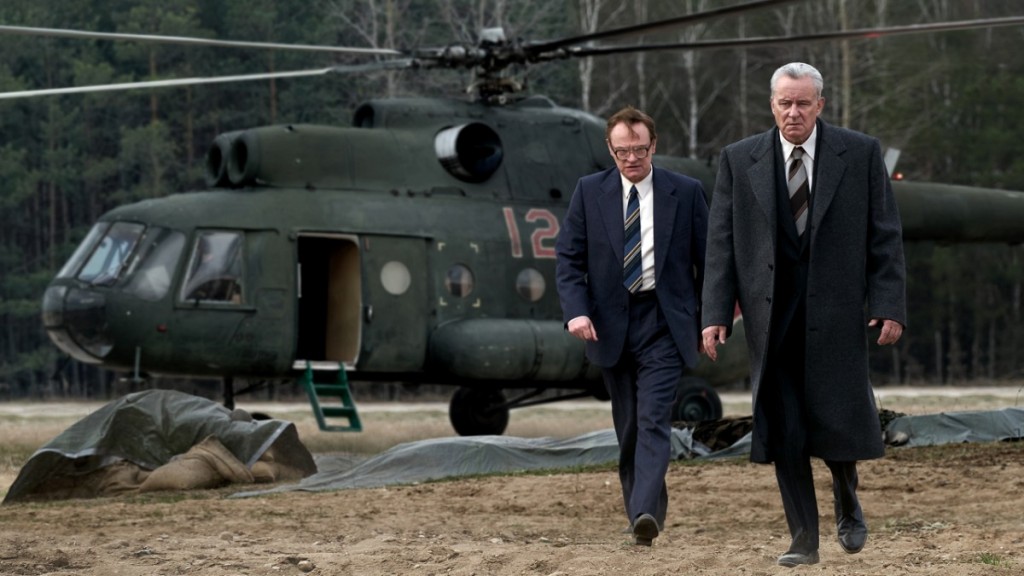
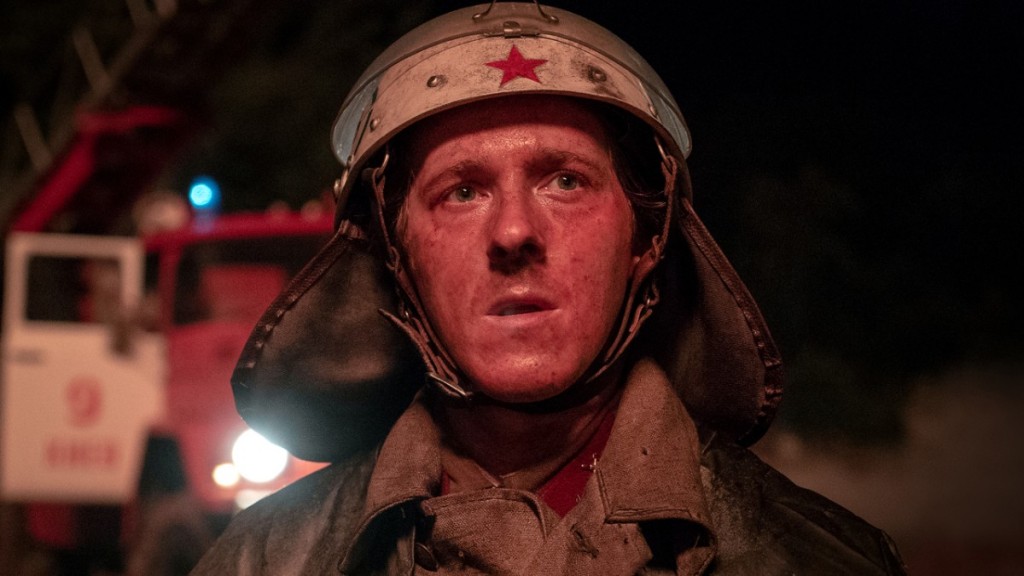
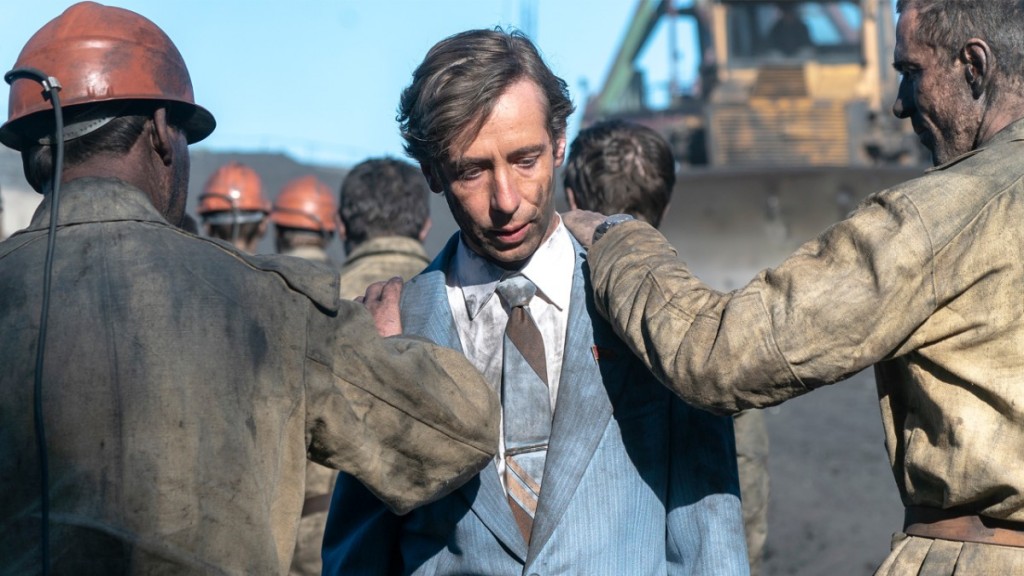
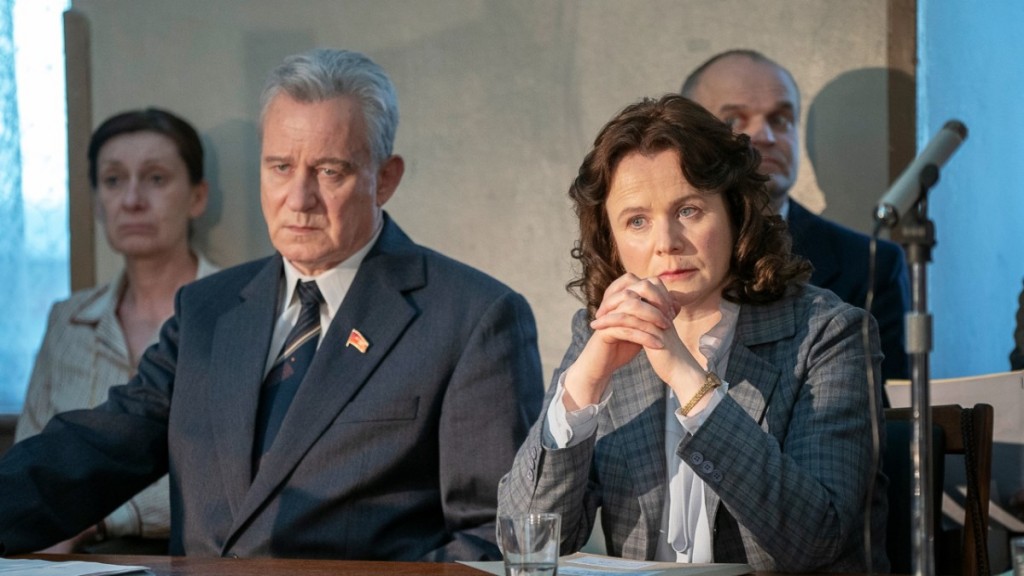
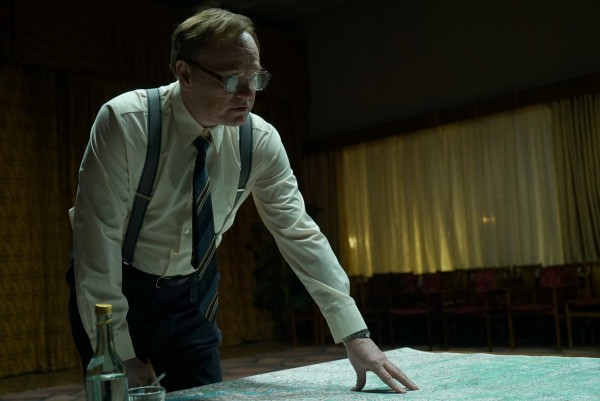
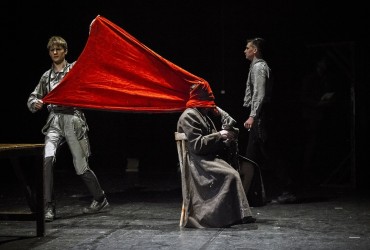
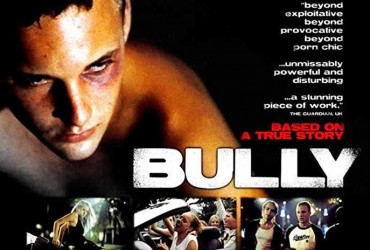



“… For the happiness of mankind…” is literally a quote from the Grand Inquisitor chapter of Brothers K. It’s incredibly apt, because the Grand Inquisitor takes on a role directly equivalent to the Soviet Communist parties…taking away the burden of freedom in exchange for bread: Bread, Miracles, and Authority. The Soviet leaders assuming the burden of misleading the people (turning their backs on Marx rather than Jesus) so they can preserve the happiness of a population they see as weak and unable to handle the weight of reedom to their own happiness.
Absolutely!
Thank you, Jimmy